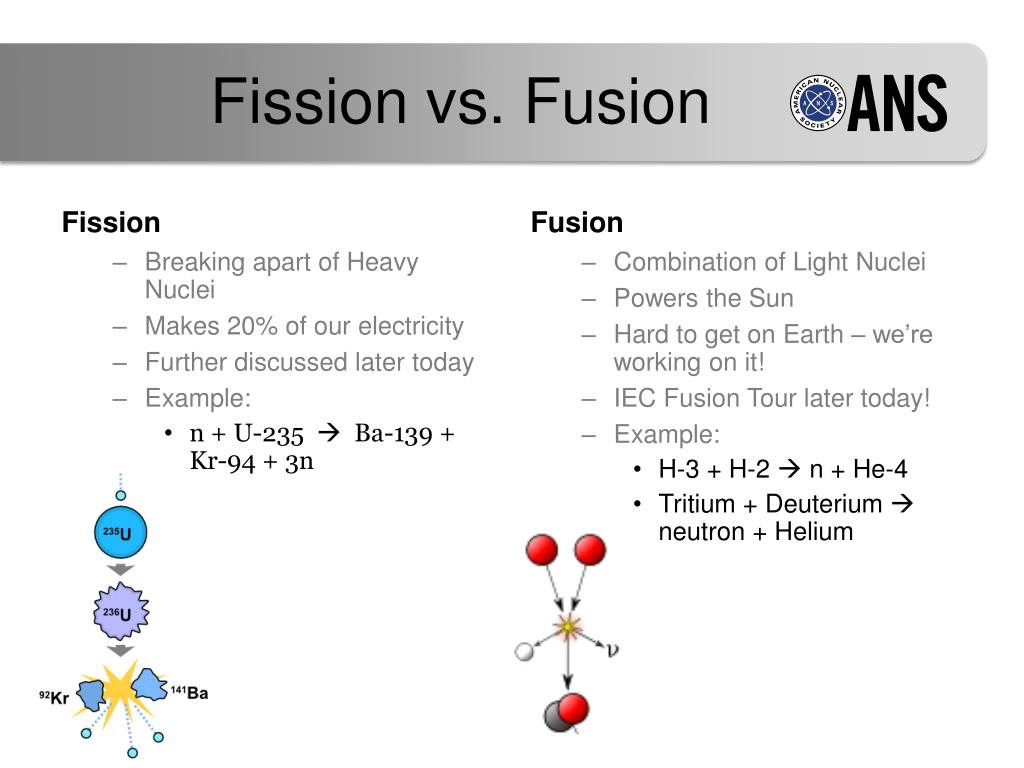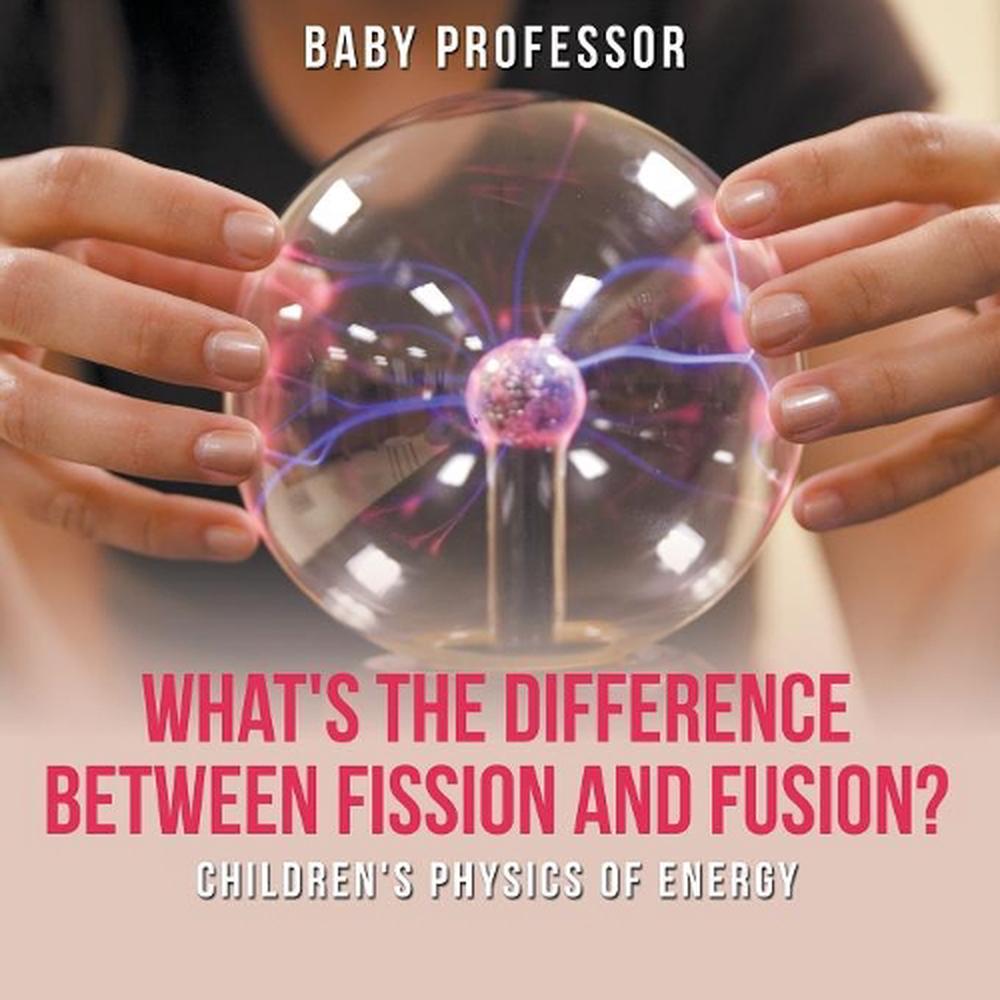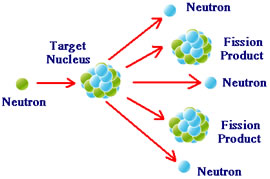

The behaviour of plasma is now well-understood, and so the building of a power reactor is simply a matter of overcoming engineering hurdles – work is expected to commence on the DEMO fusion reactor in 2030. Unlike fission, nuclear fusion also has the added benefit of being self-sustaining without creating harmful waste. Fission and fusion reactions both release energy. Fission typically involves large nuclei whereas fusion involves smaller nuclei. Fission and fusion are both nuclear processes that involve the interactions of atomic nuclei. The temperature has been achieved (over 100 million degrees), however confining the hot fuel plasma using powerful magnetic fields has taken a while to perfect. Fission is the splitting of nuclei and fusion is the merging of nuclei.


There is no chain reaction involved – hence there can not be an explosion – the reaction is achieved simply by getting the fuel hot enough and containing it tightly enough for the components to collide and fuse. This chain reaction is the key to fission reactions, but it can lead to a runaway process, as in a nuclear bomb.įusion is a much harder reaction to achieve, however it yields more energy than fission. Fusion reactions combine two smaller atomic nuclei, while fission splits one larger. The result of the instability is the nucleus breaking up (in any one of many different ways), in the process producing more neutrons, which in turn hit more uranium atoms and make them unstable and so on. Fission reactions produce energy, while fusion reactions absorb energy. Both reactions release energy which, in a power plant, would be used to boil water to drive a steam generator, thus producing electricity.įission is triggered by uranium absorbing a neutron, which renders the nucleus unstable. Last updated Contrasting Nuclear Fission and Nuclear Fusion Fission Chain Reaction The energy harnessed in nuclei is released in nuclear reactions. In terms of spelling there is only a different vowel and a consonant between them, but in reality these are two exactly opposite reactions in the atom. In fission, energy is gained by splitting apart heavy atoms (uranium) into smaller atoms (such as iodine, caesium, strontium, xenon and barium, to name just a few) whereas fusion is combining light atoms (in current experiments two isotopes of hydrogen, deuterium and tritium), which form a heavier one (helium).


 0 kommentar(er)
0 kommentar(er)
